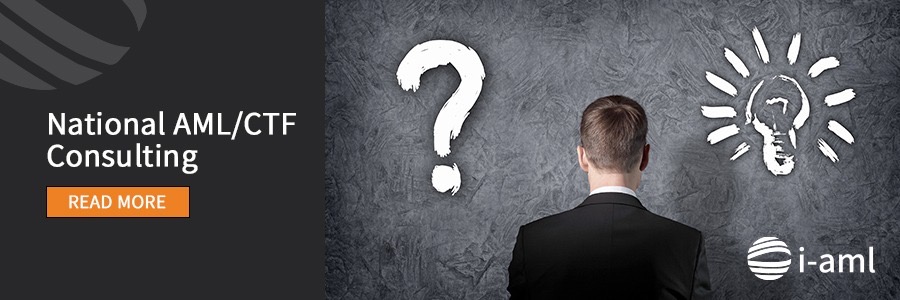The American Gaming Association (AGA) released the third edition of its Best Practices for Anti-Money Laundering (AML) Compliance resource today. The updated document—reviewed and revised by the country’s top compliance professionals—builds on the gaming industry’s AML leadership and reflects new laws, technologies and indicators of criminal activity.
“As the methods and sophistication of financial crimes evolve, the gaming industry continues to spearhead efforts to combat money laundering,” said Alex Costello, AGA’s vice president, government relations. “An invaluable resource for our industry, this guide demonstrates gaming’s commitment to protect the U.S. financial system from money laundering and other forms of illicit finance.”
Since the last update to Best Practices in 2019:
Congress made significant changes to the Bank Secrecy Act through the Anti-Money Laundering Act of 2020.
FinCEN granted the gaming industry federal exceptive relief for certain types of ID verification.
Sixteen additional states legalized sports betting and iGaming.
.
.
Nearly a dozen gaming jurisdictions approved the use of digital payments and forms of cryptocurrency.
New types of cybercrimes and fraudulent activity have surfaced.
To address these changes, Best Practices provides updated guidance, expanded red flag indicators, current compliance obligations, revised definitions and other essential information for gaming companies to maintain their strong AML regimes.
The casino gaming industry is recognized as a leader in AML compliance. In 2014, gaming became the first industry to collectively establish this comprehensive set of best practices for AML compliance. In 2021, the industry filed nearly 55,000 suspicious activity reports to aid law enforcement in fighting money laundering activity. In addition, the AGA represents gaming on the Bank Secrecy Act Advisory Group (BSAAG), a group organized by FinCEN to collaborate with stakeholders in the financial sector.
.
July 28, 2022 Published by The American Gaming Association.







